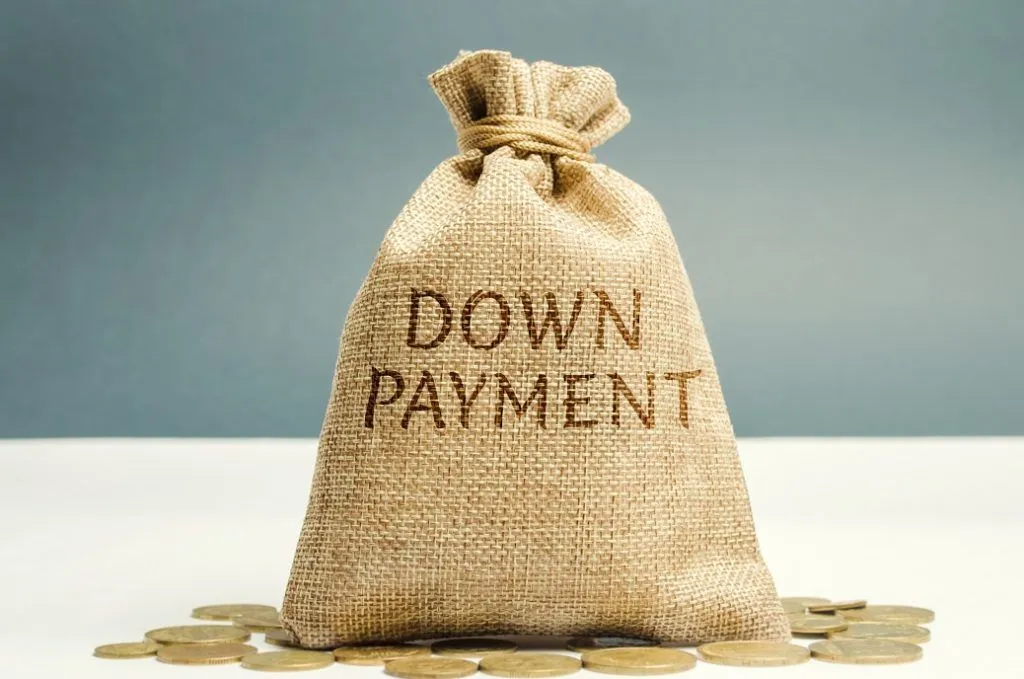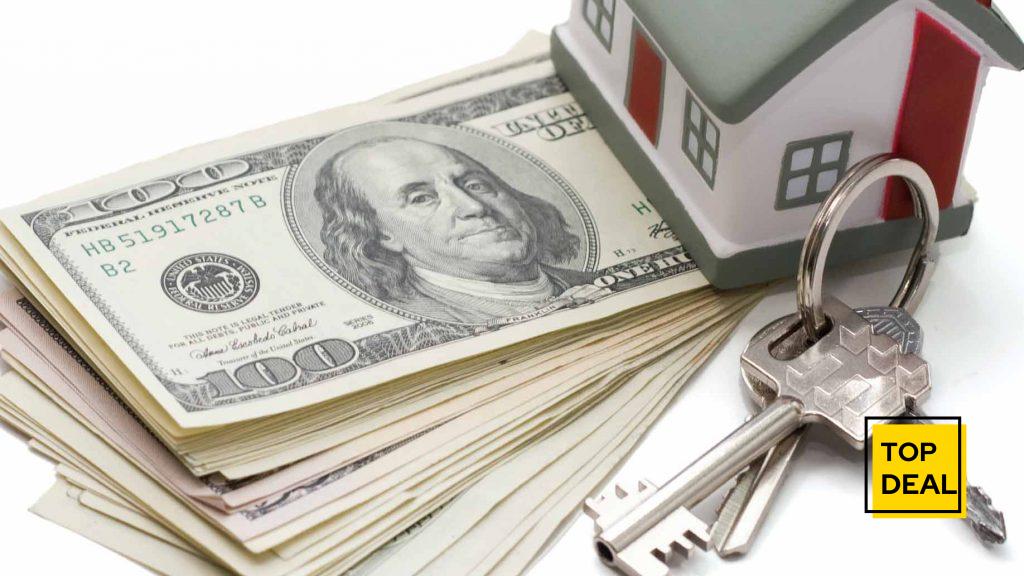
Is a Larger Down Payment on a House Really a Good Way to Save Money in 2024
When it comes to buying a home, one of the most common pieces of advice is to make a larger down payment. The conventional wisdom is that a larger down payment will lead to a lower mortgage rate, which in turn can save you money on your monthly payments and the overall cost of your home. But is a larger down payment always the best option? Here are some pros and cons to consider:

Pros of a larger down payment:
- Lower mortgage rate: One of the biggest benefits of a larger down payment is that it can lead to a lower mortgage rate. When you put more money down upfront, it shows the lender that you are a lower risk borrower and are more financially stable. As a result, you may be able to qualify for a lower interest rate, which can save you money on your monthly payments and the overall cost of your home.
- Lower monthly payments: In addition to a lower mortgage rate, a larger down payment can also lead to lower monthly payments. This is because a larger down payment means you’ll have to borrow less money, which translates to lower monthly payments.
- No need for private mortgage insurance: When you make a down payment of less than 20% of the purchase price, lenders often require you to pay for private mortgage insurance (PMI). PMI is an insurance policy that protects the lender in case you default on your mortgage. By making a larger down payment, you may be able to avoid paying PMI, which can save you hundreds or even thousands of dollars over the life of your loan.
- Equity: A larger down payment also means you’ll have more equity in your home from the start. This can be beneficial if you ever need to sell your home or borrow against it, as you’ll have more ownership stake in the property.
Cons of a larger down payment:
- Reduced liquidity: Putting a large chunk of money down on a home can leave you with less liquidity, or cash on hand. This can be a problem if you need to make an unexpected large purchase or face a financial emergency.
- Opportunity cost: By making a larger down payment, you may be missing out on other investment opportunities. For example, you may be able to earn a higher return by investing the money in the stock market instead of using it for a down payment.
- Difficulty saving: For some people, saving a large sum of money for a down payment may be a challenge. It can take time to build up the necessary funds, and in the meantime, you may be missing out on opportunities to buy a home.
- Higher closing costs: While a larger down payment can reduce your monthly payments and overall cost of the home, it may also lead to higher closing costs. This is because lenders often charge a higher origination fee for loans with smaller down payments.
Conclusion – Is a Larger Down Payment on a House Really a Good Way to Save Money in 2024?
In conclusion, a larger down payment on a house can be a good way to save money in some cases, but it’s not always the best option. If you have the financial means to make a large down payment, it can lead to a lower mortgage rate and lower monthly payments, as well as eliminate the need for private mortgage insurance. However, it’s important to weigh the pros and cons and consider your individual circumstances before making a decision.
For example, if you have limited liquidity or are facing a financial emergency, it may be more beneficial to keep your cash on hand rather than use it for a down payment. On the other hand, if you have a stable income and good credit, a larger down payment may be a smart financial move.
Ultimately, the right decision will depend on your individual situation and financial goals. It’s a good idea to speak with a financial advisor or mortgage lender to help you determine the best course of action. By carefully considering your options and making a well-informed decision, you can save money on your home purchase and achieve your financial goals. For more similar content feel free to visit TopDeal!


